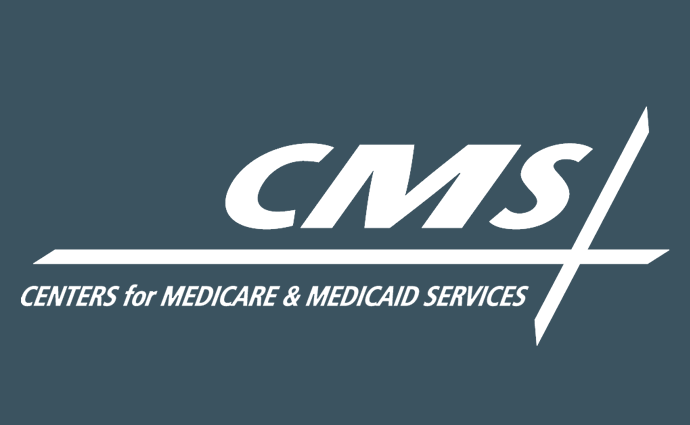CMS Opens Apps for Kidney Care Model, Delays Primary Care First
CMS released requests for application for the Kidney Care Choices and Primary Care First, with the primary care model facing a later start date.

Source: CMS
- Late last week, CMS started to accept applications for two new alternative payment models focusing on kidney and primary care, with the latter now facing a delayed implementation.
Both the Kidney Care Choices (KCC) Model and Primary Care First Model are voluntary alternative payment models run through CMS’ Innovation Center (CMMI) that will tie provider reimbursement to value and incentivize providers to improve chronic disease management. CMS intends for the models to not only improve care quality, but also reduce Medicare spending on seriously ill beneficiaries.
The KCC Model is slated to launch Jan. 1, 2020 and run through Dec. 31, 2023. But the Primary Care First Model, which is a five-year demonstration, is now set to start in 2021 despite a 2020 start date proposed in a rule from April.
However, the delayed implementation of the Primary Care First Model in the new request for application (RFA) is not concerning providers, who largely support the alternative payment model.
“We’re very excited to see the start of this new model and commend CMMI for their work in helping advance the value movement,” Don Crane, America’s Physician Group’s president and CEO, stated on the association’s website. “Our Federal Affairs team is digesting today’s RFA and we look forward to educating our members and others on how this new model may impact the patients and communities serve.”
The National Association of Accountable Care Organizations (NAACOS) also applauded CMS for moving forward with both the kidney and primary care models, highlighting the ability for practices in the Medicare Shared Savings Program (MSSP) to participate in the Primary Care First Model.
“NAACOS strongly supports CMS allowing Shared Savings Program practices the option to participate in Primary Care First. This allows ACOs to further engage primary care providers, which is a bedrock of successful population health management,” the association stated in a press release. “The Innovation Center’s work will help us move to a health system that emphasizes value-based care. NAACOS looks forward to seeing additional details on the Direct Contracting Model, which CMS announced will follow shortly.”
The Primary Care First Model is a set of payment options that “reward value and quality by offering an innovative payment structure to support delivery of advanced primary care,” CMMI explains on the model’s webpage.
Based on the existing Comprehensive Primary Care Plus (CPC+) initiative, Primary Care First has four underlying principles: prioritizing the doctor-patient relationship, improving care for patients with complex chronic needs and high-need, seriously ill patients, decreasing administrative burden, and focusing financial rewards on improved health outcomes.
Notably, the model will also allow providers to take on financial risk in exchange for flexibility and potential financial rewards. Providers will also be able to assume downside risk through a direct contracting model option, which was announced at the same time as Primary Care First and will be further explained in future CMS announcements.
CMS plans to test the Primary Care First Model over six performance years, with two staggered cohorts. The first cohort will start participation in 2021 and the second will participated in 2022. Practices in the 26 eligible Primary Care First regions that are not currently participating in CPC+ are able to participate in the first cohort, but those in CPC+ will be able to start in the second cohort, which will only include CPC+ practices, CMS said in the RFA.
The KCC Model is also a set of payment options that builds on an existing alternative payment model: Comprehensive End Stage Renal Disease (ESRD) Care (CEC) Model. The new model will allow dialysis facilities, nephrologists, and other healthcare providers to create ACOs to manage care for beneficiaries with ESRD, the CMMI webpage states.
Specifically, the model will use value-based reimbursement and a glidepath to full financial risk to incent providers to manage the care of Medicare beneficiaries with ESRD, as well as those with chronic kidney disease stages 4 and 5, delay the onset of chronic kidney disease, and boost kidney transplantation rates.
The model will be a Merit-Based Incentive Payment System (MIPS) alternative payment model and some payment options will also qualify as Advanced Alternative Payment Models by 2021.
